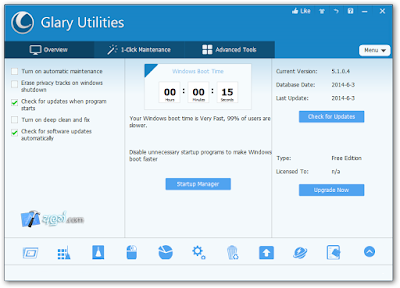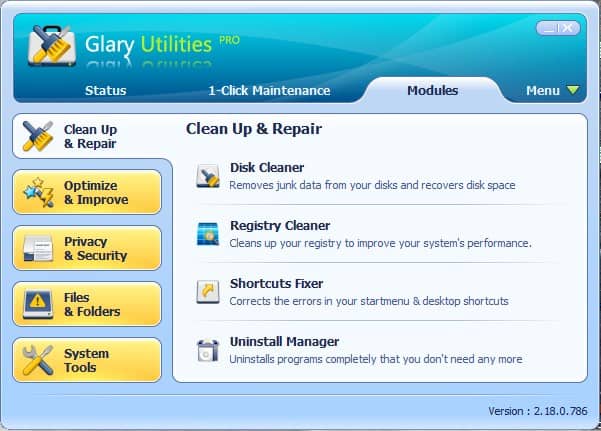

(Customers can make payments directly on Duke Energy's mobile app, available in the Apple App Store for iOS and the Google Play Store for Android.) Duke Energy does not accept payments through the Cash App, Venmo or Zelle apps. Mobile banking apps: Customers are instructed to send immediate payment through a mobile app.Rather than focus on overdue bills, they tell the homeowner they need to pay a deposit for a new meter, which will later be refunded - again insisting on immediate deposit. New meter refund: After Duke Energy temporarily suspended disconnects in response to COVID-19 and offered extended payment plans, scammers adapted.Threat to disconnect: Scammers may aggressively tell a customer their utility bill is past due and service will be disconnected - usually within 30 minutes - if a payment is not made.Here are tips to protect yourself from falling victim to utility scams. UUAS advises customers who suspect they have been victims of fraud or who feel threatened by a scammer to contact their local utility or law enforcement authorities. If you are unsure, you can always call back the utility by dialing the number found on your bill or on their website, and they will provide you with the correct information." Scammers are extremely sophisticated in their tactics, and by simply ending the call, you can end their scam. "The scammer's initial goal is to pressure their targets and convince them that they work for the utility. "It's perfectly acceptable for the customer to hang up the phone," said UUAS Executive Director Monica Martinez. That's why this year's awareness theme is "End the Call. While the techniques continually shift, the easiest way to defuse the pressure is to stop before you act. Many are attempting to use mobile banking apps to emphasize the "ease" of avoiding disconnection (Duke Energy does not take customer payments via mobile banking apps). Other scammers are preying on fears over nationwide natural gas price spikes. Recognized annually, Utility Scam Awareness Day was created by Utilities United Against Scams (UUAS), a consortium of more than 150 electric, water and natural gas companies and their respective trade associations.ĭuke Energy - a founding member of UUAS - and the consortium's other member companies have seen an increase in scams attempting to take advantage of the uncertainty of the pandemic. For that reason, utilities continue to unite to combat scammers by spreading awareness, and we are working with telecom partners to remove access to phone lines and encouraging policymakers to adopt stronger public protections." "In fact, they have intensified their criminal activity with high-pressure tactics and increasing use of technology. "Scammers have not shown compassion for small businesses and private citizens enduring the trying circumstances of the last two years," said Jared Lawrence, Duke Energy's vice president of metering services and customer service transformation. Utility Scam Awareness Day is part of the weeklong International Scam Awareness Week, an advocacy and awareness campaign focused on educating customers and exposing the tactics used by scammers. That's why Duke Energy has again joined forces with utilities across the United States and Canada to bring awareness to these criminal tactics on the sixth annual Utility Scam Awareness Day on Nov. The good news: Only about 4% of customers have fallen for a scam in the last year, down from more than 9% before Utility Scam Awareness Day began in 2016.Įducation works. Sadly, the COVID-19 pandemic has triggered a record number of scam attempts - nearly 30,000 scam attempts were reported by Duke Energy customers in 2020 alone.


And just like that, you've beaten the scammer. Instead, call Duke Energy at the number on your bill, or check your balance online or via the Duke Energy app. If you get a call like this, hang up because Duke Energy never disconnects customers like this. An urgent voice insists that your electric service is being disconnected in 30 minutes unless you pay over the phone right now. The good news: Fewer customers are falling for them. The bad news: Scam attempts are increasing.17) focuses on educating customers against fraud.


 0 kommentar(er)
0 kommentar(er)
